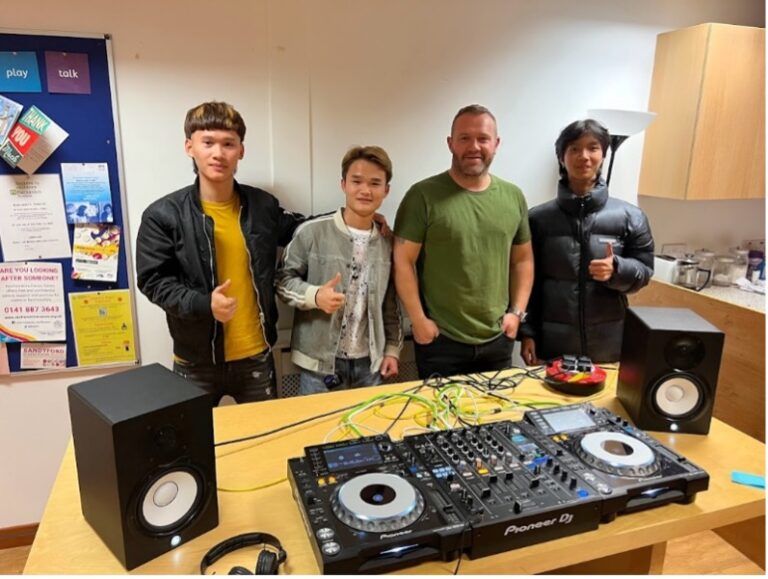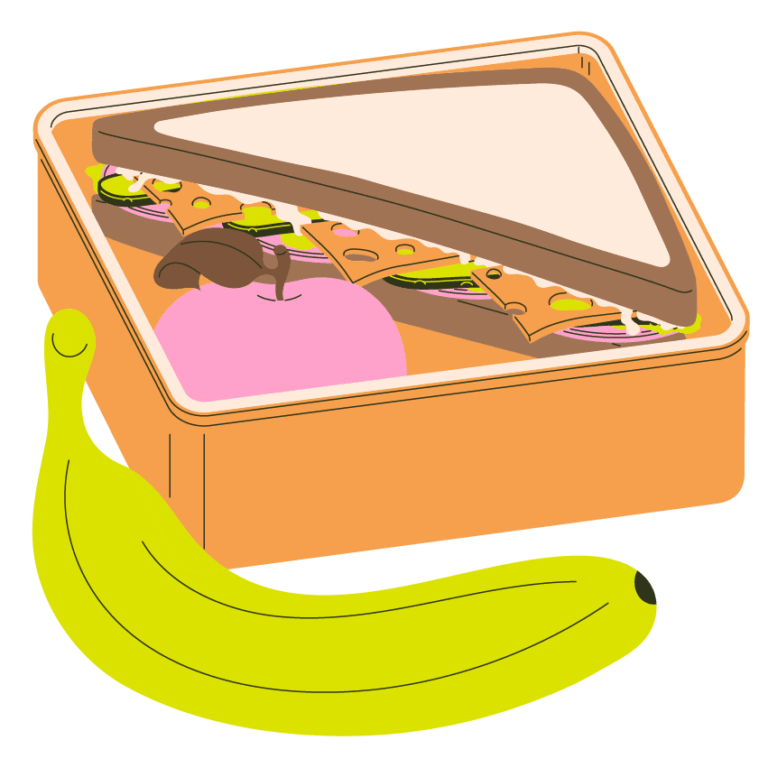We set out to support Unaccompanied Asylum-Seeking Children (UASC) and refugees from West Dunbartonshire and Renfrewshire to participate in physical activity in an outside environment.
Renfrewshire Council Project


The primary aim was to integrate young people locally with their community whilst promoting physical activity and promote good mental health & wellbeing.
Key Information
Project Partners
West Dunbartonshire West Dunbartonshire Health and Social Care Partnership, Barnardo’s Scotland
Geographical reach
Renfrewshire, West Dunbartonshire
Dates
01/10/2021 – 30/11/2022
Target Groups
Younger people, Socio-economic disadvantage
Project Type
Supporting innovation
Background
Renfrewshire Council, West Dunbartonshire Health and Social Care Partnership and Barnardo’s Scotland each have policy drivers that promote health and wellbeing within local communities. This is no more relevant since the start of the global pandemic in 2020. The partners have been working throughout the pandemic with our young people and have witnessed first-hand the impact of isolation and loneliness. It has been highlighted by our young people and partner agencies that the pandemic has created different layers of vulnerability. Our unaccompanied asylum seeking children (UASC) population already face a list of barriers such as: language, isolation, exclusion, cultural differences, fear, and uncertainty due to the experience of their individual journeys.
Isolation is a theme that has been exacerbated during the pandemic. NHS Health Scotland’s report (2018) ‘Social Isolation and loneliness in Scotland: a review of prevalence and trends’ highlights equality considerations around ethnicity. These populations are at increased risk of loneliness and social isolation. In addition, the children and young people that we support tell us that they often feel disconnected to their local communities.
The project is an early intervention strategy that is designed to alleviate some of the barriers and vulnerabilities experienced before and during the current pandemic. Relationship-based practice and a social pedagogy approach will help build nurturing bonds that will help our young people feel supported and confident to access universal services in the community and in nature.
Involvement of New Scots in project
The involvement of young New Scots was vital in how we demonstrated and listened to what our young people told us. The activities we undertook all came from the young people we supported. They were all assessed, and a plan was draw up on the best way we could support them.
- During initial assessment and relationship building we heard and recorder the voices of young people both in terms of their individual plans but also how they wanted the project to be delivered. As a result group work was tailor made to the request of young people while accommodating varying cultural needs.
- Planning meetings – e.g. residential trip.
- Relational approach ensured voices heard
Impact
The project achieved various main goals and additional outcomes. The main outcomes were: reduced social isolation for young people improved mental and physical health, and increased access to community information and resources. The additional outcomes included the fact that the young people we worked with were able to:
- build mutually respectful, trusting relationships with the workers and with each other
- learn and explore their locality in novel ways
- developed their emotional and social skills
- improve their use of the English language
- increase their knowledge of Scotland and Scottish Culture.
- gain increased access to nature and wild spaces.
In addition, staff also increased their knowledge and awareness of the young people’s countries and cultures.
During the project, we managed to undertake all activities planned with our young people. Prior to the project starting, we envisaged more young people looking to undertake more structured activities such as football, boxing, and traditional sports popular in Scotland. However, we found that, in a group setting, the young people were happy to go out in groups and spend time together regardless of the activity. This was due to the wider group having a connection and having a community feel to it. By using a therapeutic, relational approach young people with experiences of trauma were able to feel safe and cared for, which in turn enabled them to try new experiences and confidently engage in a variety of activities.
The focus on connecting with nature through B-Wild approach resulted in young people reporting improved mental health. As put by one young person, “When you see something beautiful it makes you feel positive. And positive is good for you body and mental health.” Difficulties sleeping is a common challenge and an improvement in sleep reported by all young people as they engaged in outdoor therapeutic activities.
The project, for many of the participants has created healthy routines and helped with opportunity creation. One young person said ‘I’m more confident and more comfortable and my mood improves when I’m out the house.’ This is a bye product of support workers from the project having regular contact with all young people participating in the project.
Through group activities young people who were very isolated were able to build strong peer relationships which in turn improved integration and mental health.
The project was successful due to the nurturing staff that Barnardo’s employed. Both staff members were highly motivated and had a passion for working with young people. This was evident when seeing the young people with the workers. Another advantage the project had was the staff who were employed stayed for the duration of the project. The funding was only for 1 year and Barnardo’s being an established third sector organisation was able to give both workers a level of assurance over their contracts after the project had finished. Having this stability helped push the project forward and focus on the young people referred into the project.

Challenges encountered
Many young people having very little English was a challenge for communication, planning and therapeutic listening. Staff also found working across three local authorities a challenge in terms of logistics, and travel was time consuming.
Solutions
Translators were used during individual assessment and planning to ensure young people were able to fully express their needs and wishes and have their voice heard and recorded. Young people told us what worked for them and use of mobile translation apps were common. However an extraordinary amount of therapeutic care was able to be communicated without common language which was evident in the way young people developed trust with staff.
The positive aspects of taking on a new approach
B-Wild activities clearly showed the benefits of getting outdoors and connecting with nature for the physical and mental health of young people.
This project reinforced that relationships are central and foundation to effective support.
The project developed a joined up partnership approach to work between the three local authority areas, and this partnership has been maintained following the completion of the project.
The difficulties of taking on a new approach
Adequate outdoor clothing is costly, and many young people are not used to or prepared for this. Barnardo’s were able to pull additional resource to purchase this for young people to enable this approach. In addition, getting buy in and engagement is always difficult when taking on a new approach, but thanks to the drive and ability of the staff, this was not a problem.
Reflections
The project was a success. Not because I or any other professional felt it was, but because our young people told us, and their voices have been captured. The staff involved in the project listened and adapted (when required). The needs of all our young people were met and the result was more than words can explain.
Further Information
The project created a short film about its success, and this is available for sharing. The film carefully captures the experiences and voices of the young people who participated in the project. The film captures the essence of what the project tried to achieve.
The film has been sent to each authority and senior management have watched this and been able to see the work that was undertaken. It is also a special memento for workers and young people to reflect on some amazing moments that will remain in the thoughts of some for a long time. One young person stated ‘We had a very good year.’
Barnardo’s has a b-wild approach which was explained in the bid. This helped structure the outdoor work we completed with young people and ensure safety of all participants. This approach was also adapted by workers depending on the situation and work being completed. The approach would be available for sharing at request.


